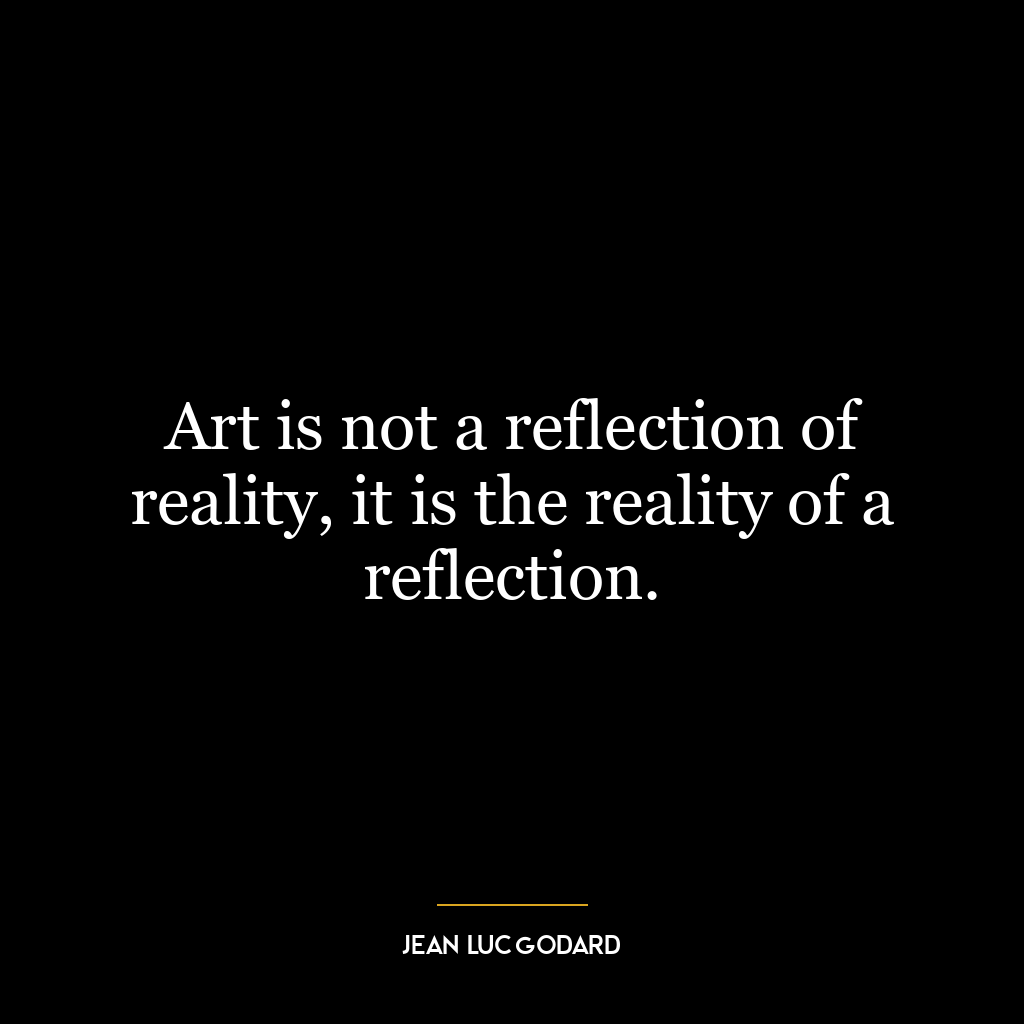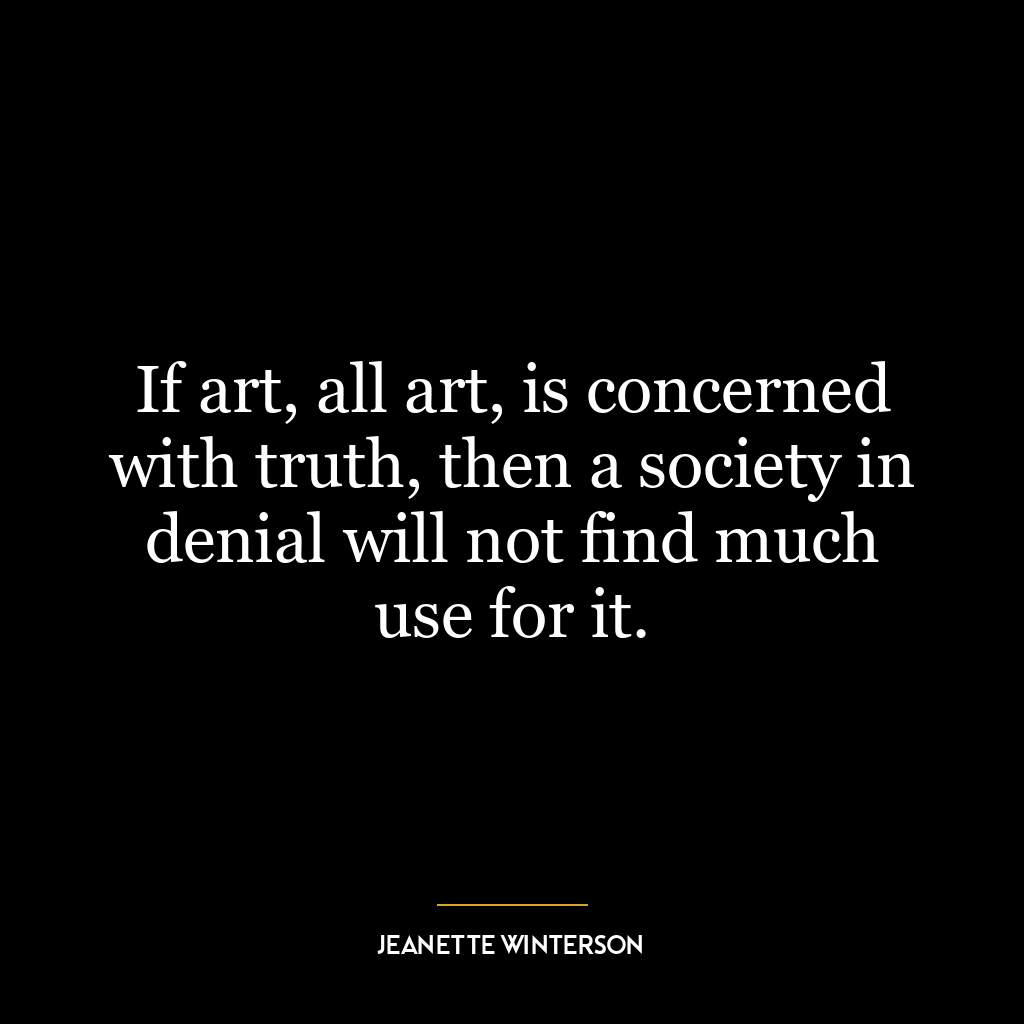Man’s words are mere breath, but the word of the Lord is spirit and life.
This quote is a profound reflection on the power and significance of divine communication versus human speech. When it says “Man’s words are mere breath,” it implies that human words, no matter how wise or eloquent, are transient and limited. They can be misunderstood, forgotten, or misinterpreted. They also hold only as much authority as the speaker’s credibility and knowledge.
In contrast, “the word of the Lord is spirit and life” suggests that divine communication carries an eternal truth that transcends human limitations. It is more than just spoken or written language; it embodies spirit – a powerful force that can inspire change – and life – an enduring substance that gives vitality to all existence. The word of God has transformative power which goes beyond temporal understanding.
Applying this in today’s world or personal development could mean prioritizing spiritual growth over worldly achievements. It might involve seeking wisdom from religious texts or spiritual teachings rather than solely relying on human advice or popular opinion.
For example, instead of being swayed by societal pressures to conform to certain standards (which represent ‘man’s words’), one might find inner peace by aligning their actions with their spiritual beliefs (‘the word of the Lord’). In terms of personal development, this could mean focusing on cultivating qualities such as compassion, humility, patience – virtues often emphasized in religious teachings – rather than chasing after external validation.
Furthermore, in our information-saturated world where everyone has an opinion they’re eager to share (again ‘man’s words’), turning inward for guidance (‘the word of the Lord’) can offer clarity amidst noise. This doesn’t necessarily mean rejecting all human advice but discerning between what resonates with your core values versus what merely caters to fleeting trends.
Ultimately this quote encourages us towards a deeper form of wisdom rooted not in transient human intellect but in timeless divine truth.








